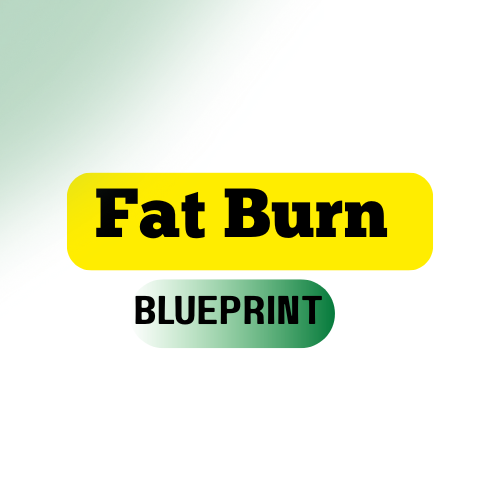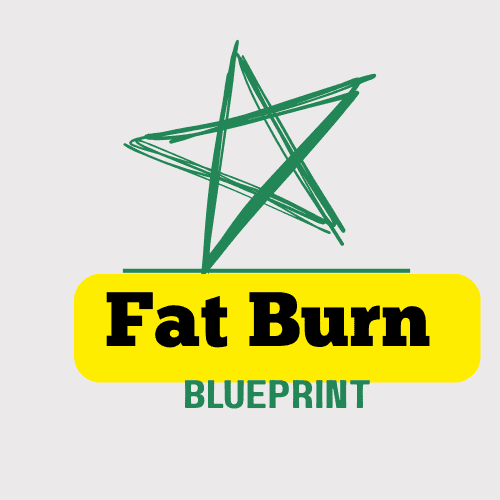DASH Diet
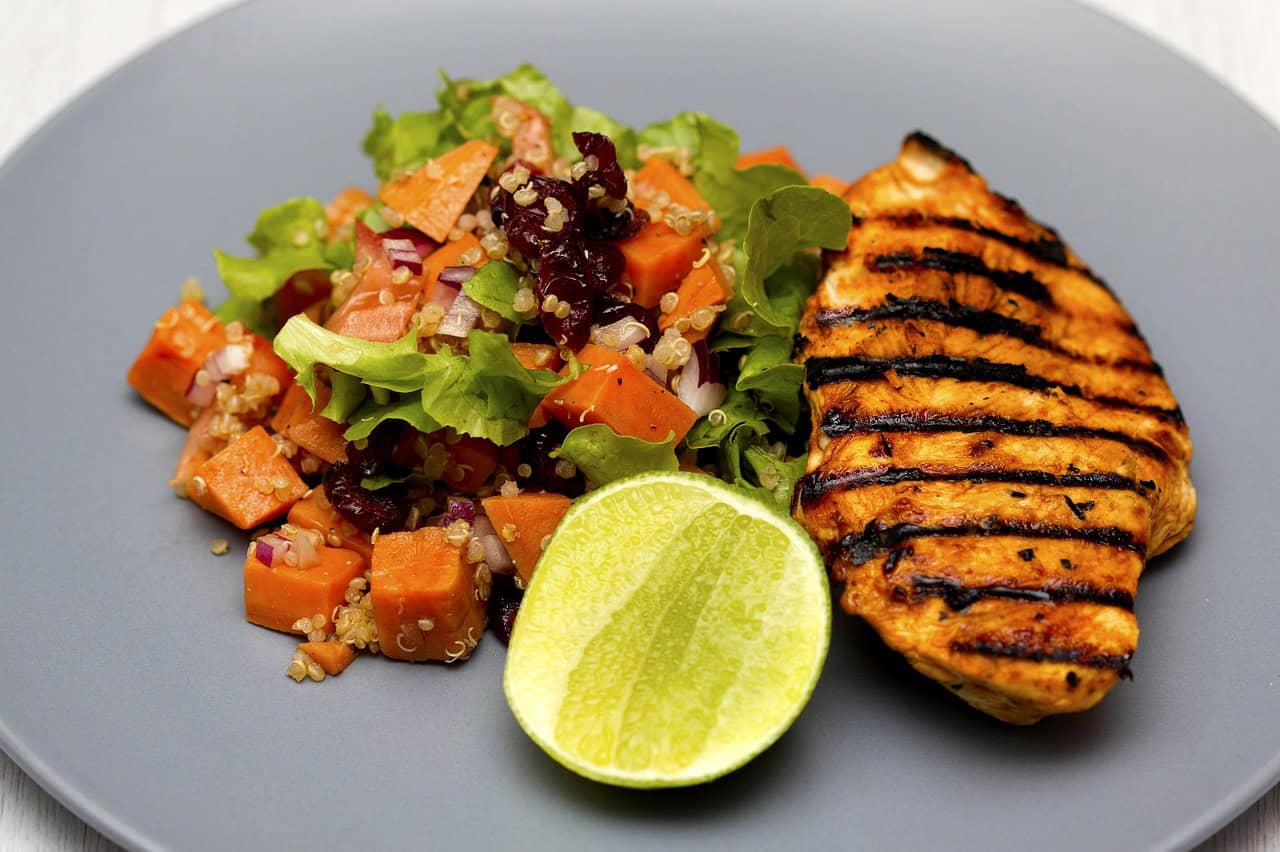
🥗 DASH Diet: A Delicious Way to Tackle Hypertension
Hypertension, commonly known as high blood pressure, is a silent yet serious health condition affecting millions of people globally. If you’re one of them, you’re likely on the lookout for lifestyle changes that can naturally help bring your numbers down. Enter the DASH diet—a scientifically-backed, heart-healthy eating plan that stands for Dietary Approaches to Stop Hypertension.
The DASH diet has been recommended by doctors and dietitians for decades because of its proven ability to lower blood pressure, improve heart health, and support overall wellness. But it’s not just another trend—it’s a sustainable way of eating that focuses on real, nutrient-rich foods that you can enjoy every day.
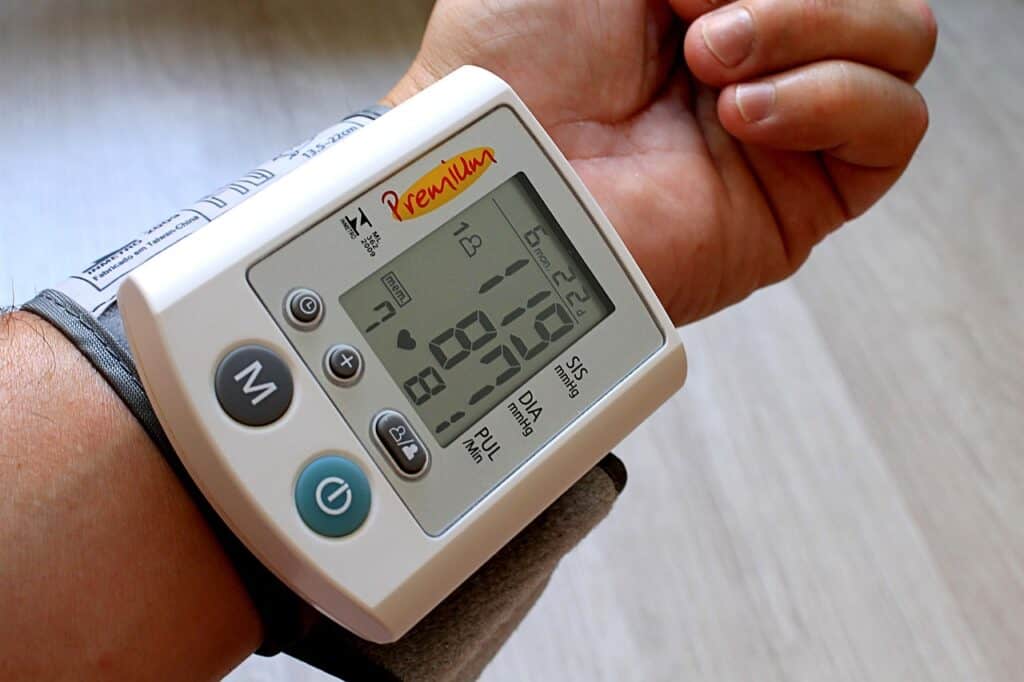
🧠 What is the DASH Diet?
The DASH diet was developed after researchers found that people who ate a diet rich in fruits, vegetables, low-fat dairy, whole grains, lean proteins, and low in sodium had significantly lower blood pressure levels. It’s not a restrictive “diet” in the traditional sense but a long-term approach to healthier eating.
The core principles of the DASH diet include:
- Lowering sodium intake (ideally under 1500-2300 mg/day)
- Increasing potassium, calcium, and magnesium intake
- Eating plenty of whole, unprocessed foods
- Limiting saturated fats, added sugars, and red meats
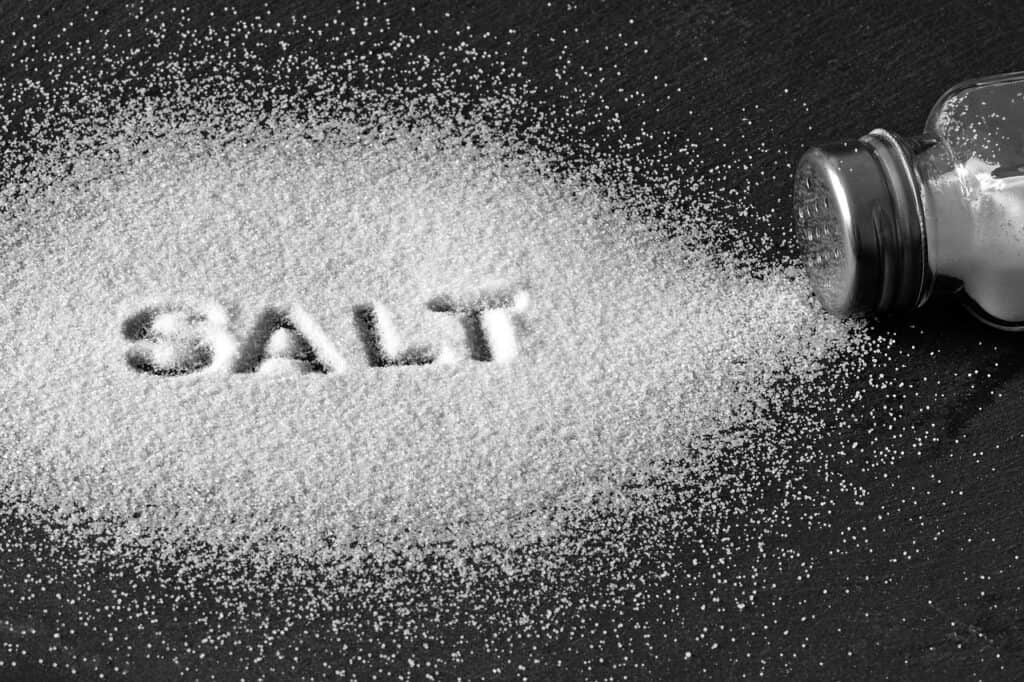
💓 Health Benefits of the DASH Diet for Hypertension
If you suffer from hypertension, the DASH diet offers a powerful, natural tool to manage and even reverse the condition. Here are some of the key benefits:
✅ 1. Lowers Blood Pressure
Studies show that people on the DASH diet can reduce their systolic blood pressure by up to 11 mm Hg and their diastolic by up to 5 mm Hg—without medication.
✅ 2. Promotes Heart Health
By reducing sodium and saturated fat, the DASH diet helps lower cholesterol levels and supports a healthy heart.
✅ 3. Helps with Weight Loss
Because the diet encourages balanced meals and portion control, many people naturally lose weight, which further reduces blood pressure.
✅ 4. Stabilizes Blood Sugar
The DASH diet is high in fiber and low in added sugars, making it an excellent choice for people with diabetes or prediabetes.
✅ 5. Reduces Risk of Stroke and Kidney Disease
By improving circulation and lowering blood pressure, DASH also reduces the risks of stroke and damage to the kidneys.

🍎 What Foods Should You Eat on the DASH Diet?
The DASH diet isn’t about deprivation—it’s about choosing smarter options from every food group. Here’s what your plate should ideally look like:
🥦 Vegetables (4–5 servings/day)
- Spinach, carrots, broccoli, sweet potatoes, kale
🍓 Fruits (4–5 servings/day)
- Apples, bananas, berries, oranges, peaches
🍞 Whole Grains (6–8 servings/day)
- Brown rice, whole wheat bread, quinoa, oatmeal
🥛 Low-Fat Dairy (2–3 servings/day)
- Skim milk, Greek yogurt, low-fat cheese
🐟 Lean Protein (2 or fewer servings of meat/day; more plant-based sources encouraged)
- Chicken, turkey, salmon, beans, lentils, tofu
🥜 Nuts, Seeds, Legumes (4–5 servings/week)
- Almonds, walnuts, sunflower seeds, black beans
🧂 Limited Sodium (under 2300 mg/day)
- Use herbs and spices instead of salt
- Avoid processed and packaged foods
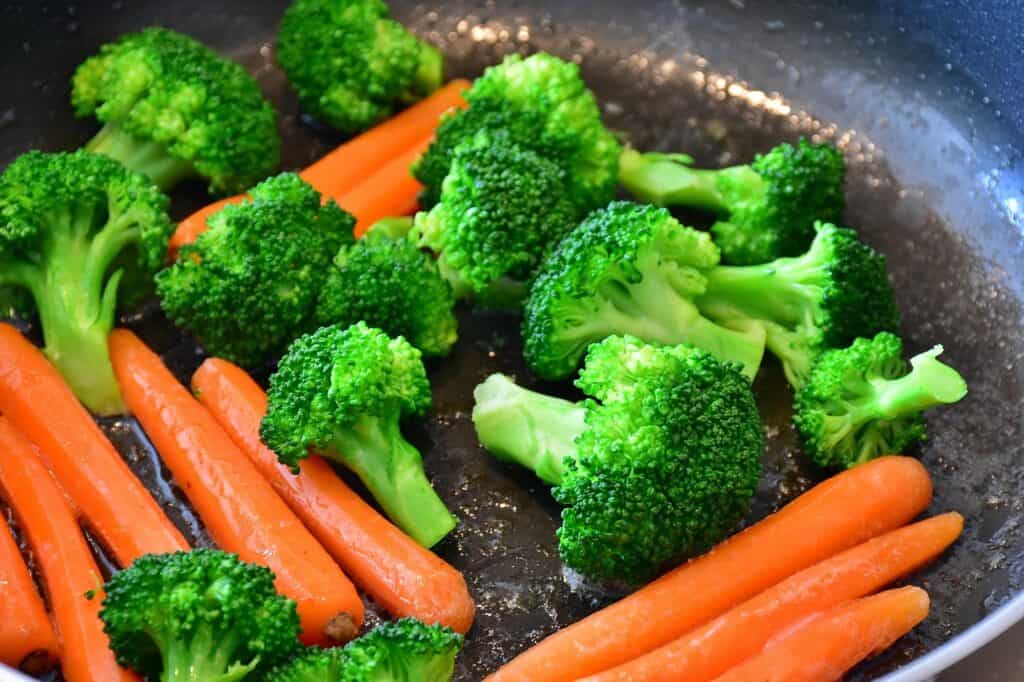
🚫 Foods to Limit or Avoid
To stick with the DASH diet and maximize its benefits, try to cut back on:
- ❌ Processed meats (like bacon and deli meats)
- ❌ Fast food and packaged snacks
- ❌ Sugary beverages (soda, sweetened juices)
- ❌ High-fat dairy and cheese
- ❌ Baked goods made with refined flour and added sugars
📅 7-Day DASH Diet Meal Plan
Here’s a simple and tasty 7-day meal plan to help you get started with the DASH diet. Each day includes three main meals and a snack.
Day 1
- Breakfast: Oatmeal with sliced bananas and almonds
- Lunch: Turkey sandwich on whole-grain bread, side salad
- Dinner: Grilled salmon, quinoa, steamed broccoli
- Snack: Low-fat yogurt with blueberries
Day 2
- Breakfast: Smoothie with spinach, banana, Greek yogurt, chia seeds
- Lunch: Lentil soup and whole-wheat pita
- Dinner: Stir-fried tofu with brown rice and mixed vegetables
- Snack: Carrot sticks with hummus
Day 3
- Breakfast: Whole grain toast with avocado and boiled egg
- Lunch: Grilled chicken salad with olive oil dressing
- Dinner: Baked sweet potato, black beans, sautéed kale
- Snack: Handful of walnuts and an apple
Day 4
- Breakfast: Low-fat cottage cheese with pineapple chunks
- Lunch: Whole wheat wrap with turkey, spinach, and tomato
- Dinner: Baked cod, wild rice, roasted Brussels sprouts
- Snack: Greek yogurt and a pear
Day 5
- Breakfast: Scrambled eggs with veggies and whole-grain toast
- Lunch: Quinoa salad with chickpeas, cucumbers, and feta
- Dinner: Chicken stir-fry with brown rice and bell peppers
- Snack: Celery sticks with almond butter
Day 6
- Breakfast: Smoothie bowl with mixed berries and granola
- Lunch: Tuna salad with whole grain crackers
- Dinner: Lentil curry with basmati rice and spinach
- Snack: Sliced cucumbers and low-fat dip
Day 7
- Breakfast: Overnight oats with chia seeds and strawberries
- Lunch: Vegetable soup with a side of whole grain bread
- Dinner: Grilled shrimp with couscous and green beans
- Snack: Air-popped popcorn with a pinch of sea salt
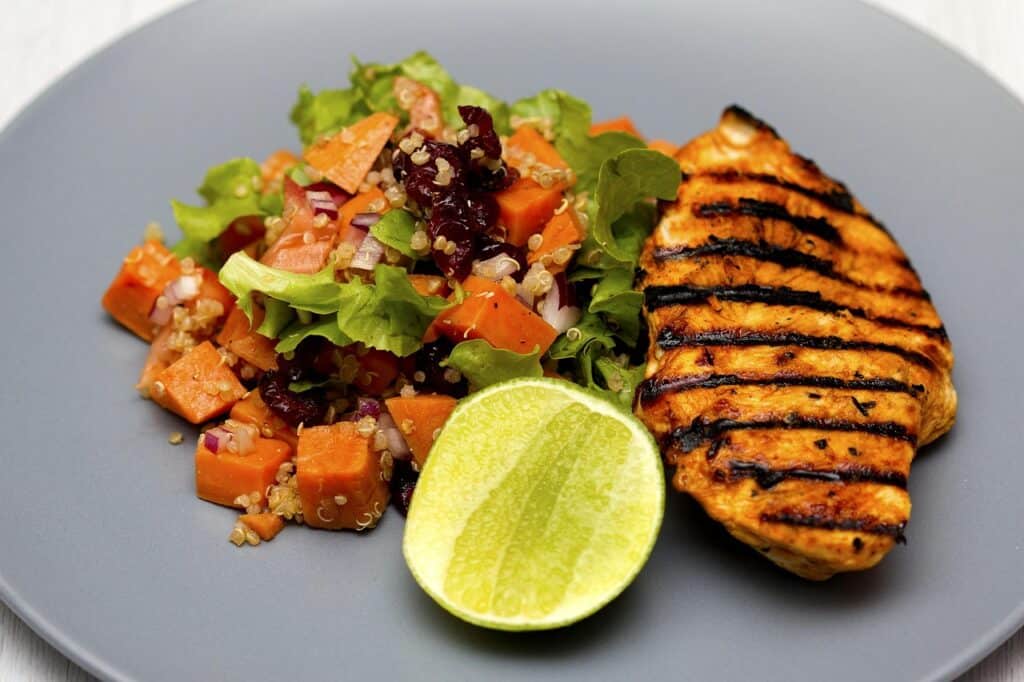
📝 Summary: A Lifestyle, Not a Fad
The DASH diet isn’t just a diet—it’s a lifelong change that can lead to real improvements in your health, especially if you’re struggling with high blood pressure. By focusing on whole foods, lowering sodium, and eating mindfully, you can support your heart, lower your risk of chronic diseases, and feel better every day.
🥗 Eat more plants. Drink more water. Cut the salt. Keep it simple.
With a little planning and creativity, the DASH diet can be both delicious and powerful.
